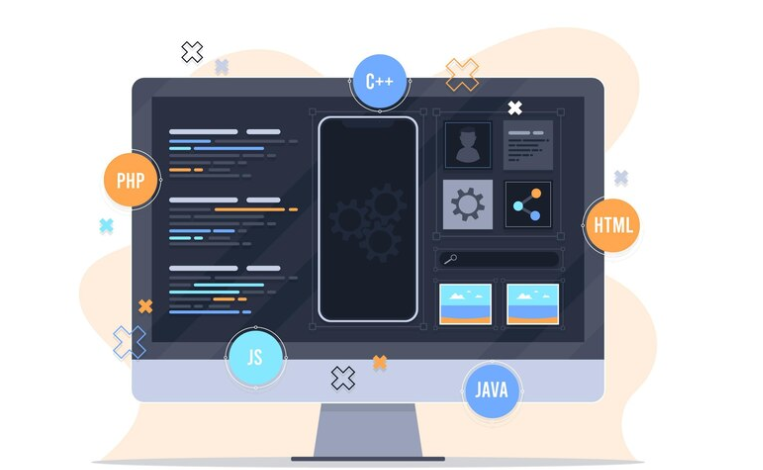Low Code Platform for Application Development: Simplifying Software Creation

In today’s fast-paced digital world, businesses are continuously seeking ways to streamline their operations and reduce the time spent on application development. One emerging solution is the low code platform for application development, which allows developers and even non-technical users to create software applications quickly and efficiently. This approach has revolutionized how organizations develop software, addressing a range of needs from simple apps to more complex enterprise solutions.
What is a Low Code Platform for Application Development?
A Low code platform for Enterprise Software Application development is a software environment that offers visual tools and pre-built modules, enabling users to create applications with minimal hand-coding. This platform democratizes software development by reducing the need for deep technical knowledge, allowing users without programming expertise to develop functional apps. By leveraging visual interfaces, drag-and-drop components, and intuitive workflows, low code platforms enable quicker development cycles, making them particularly attractive to organizations looking to save time and resources.
Benefits of Low Code Platforms
- Speed of Development: One of the biggest advantages of using a low code platform is the rapid development time. The use of templates and pre-configured modules allows developers to build applications in a fraction of the time it would take using traditional coding methods.
- Cost-Effective: By reducing the need for highly skilled developers and cutting down development times, businesses can significantly lower their software development costs. This makes low code platforms an attractive option for startups and smaller companies with limited budgets.
- Flexibility and Scalability: Low code platforms are designed to be scalable, meaning they can grow as your business grows. Many platforms also offer integration with other software solutions, ensuring that your application can evolve and adapt to future needs.
- Reduced IT Backlog: With a low code platform for application development, non-technical users can take on a more active role in creating business applications. This reduces the backlog that IT teams often face and allows for faster resolution of business needs.
- Improved Collaboration: Because low code platforms are accessible to a wider range of users, they promote collaboration between business units and IT teams, ensuring that the final product meets business requirements more closely.
Use Cases of Low Code Platforms
Legacy Application Modernization with Low code can be used to create a variety of applications across industries, from simple process automation tools to complex, data-driven enterprise solutions. Some common applications include:
- Internal tools for business processes such as human resource management systems or CRM software.
- Customer-facing applications that allow users to interact with your business, like mobile apps or web portals.
- Automated workflows to streamline operations and reduce manual tasks.
By leveraging the benefits of a low code platform for application development, businesses can build the software they need quickly, cost-effectively, and with less reliance on traditional coding methods.



